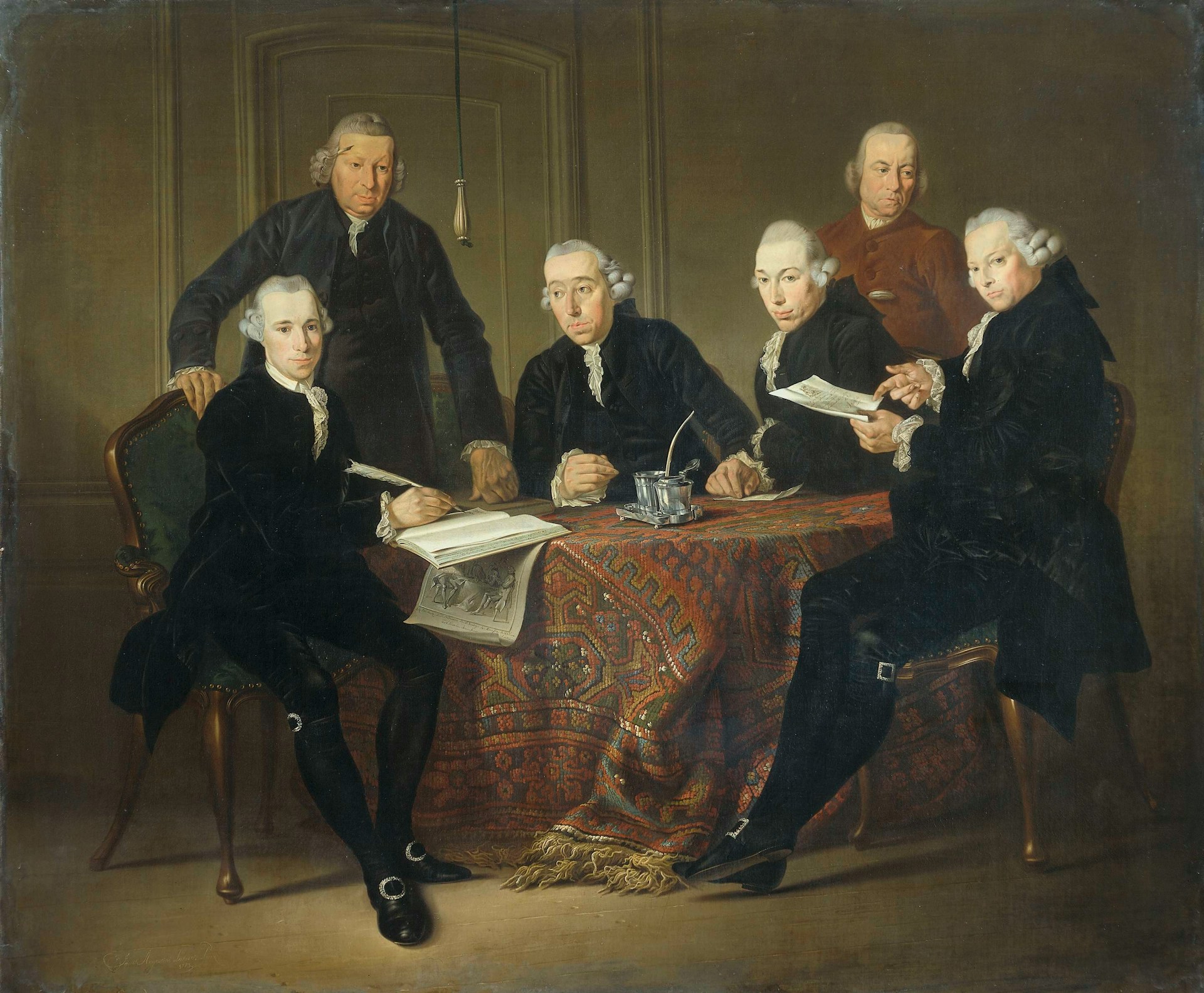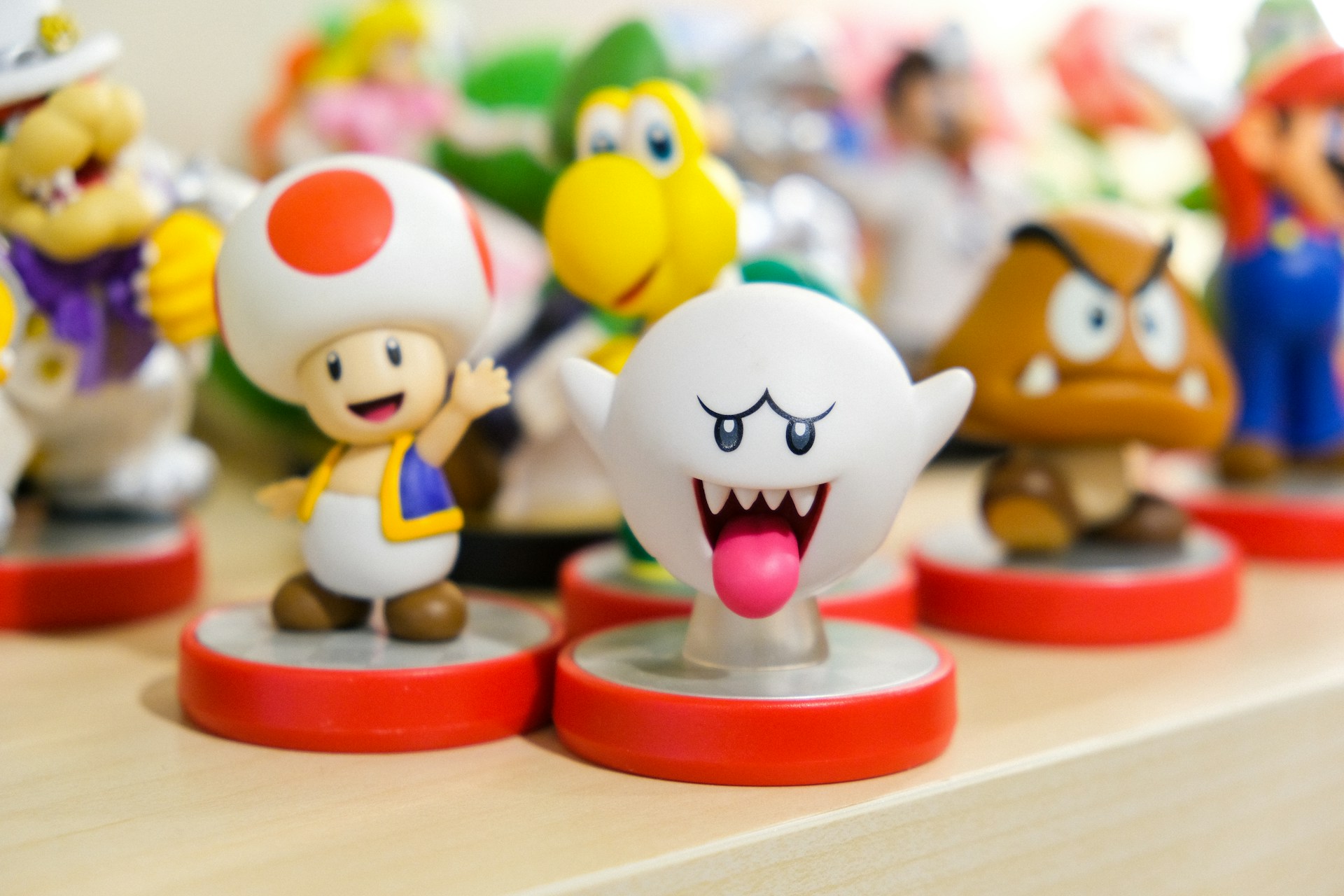Football teaches us a lot, even for those not on the field. Here's a story about two famous names in football: Mourinho and Balotelli. Here's how Mourinho tells the story:
Let's dissect a tale involving Mourinho and Balotelli, two towering figures in the world of football. Here's the story recounted by Mourinho himself:
"I remember one in Kazan. We went to Kazan in the Champions League. In that match all my strikers were injured. No Milito, no Eto'o, I was really in trouble and Mario was the only one.
"Mario gets a yellow card in minute 42nd, 43rd. So when I go to the dressing room at half-time, I spend 14 minutes of the 15 speaking only for Mario.
"Mario I cannot change you. I cannot make a change. I don't have a striker on the bench. Don't touch anybody. Play only with the ball. When we lose the ball, no reaction. If somebody provokes you, no reaction. If the referee makes a mistake, no reaction. Mario, please.
But, Mario, who was only 19 years old then, got another yellow card and was removed from the game in the 60th minute.
What's the lesson?
Mourinho knew Mario might get into trouble, so he used the whole break to talk only to him. It was the right call.
But even though Mourinho made a good decision, things didn't go well. So, what happens when you do the right thing, but it still goes wrong?
This is not rare. There is a fallacy called “resulting” which is dangerous since it prevents us from properly evaluating whether we're making good decisions, because we tie our decisions solely with their outcomes.
Sometimes we win or lose by factors we can't control, regardless of the decision we made.
For these reasons, we need to understand that our end results alone don't tell us the whole story, whether we're good making good decisions.
Here is a chart from fs blog the describes combinations between outcomes and process behind them.

As you can see, a flawed process often relies heavily on luck. You might strike it lucky and achieve a positive outcome, or you might end up attributing negative results to bad luck.
The situation where one follows a “good process” but still ends up with a "bad outcome" is especially challenging to handle.
My two cents: Consider investing time in optimizing your decision-making process by delving into the origins of your decisions and their subsequent results. Over the past year, I've made a concerted effort to document my decisions, along with the reasoning behind each one, reviewing the process once outcomes are realized. This practice, known as “journaling,” has proven effective, although it can be challenging to maintain consistently.
If you're interested in refining your decision-making skills further, consider reading some books on the subject. If you're unsure where to begin, here are a few recommendations:
Thinking in bets by Annie Duke
Decisive by Chip & Dan Heath
Relevant posts:
![[Guide] Two decision making frameworks (+books)](https://images.unsplash.com/photo-1533073526757-2c8ca1df9f1c?ixlib=rb-4.0.3&q=90&fm=jpg&crop=entropy&cs=srgb&w=1920)










